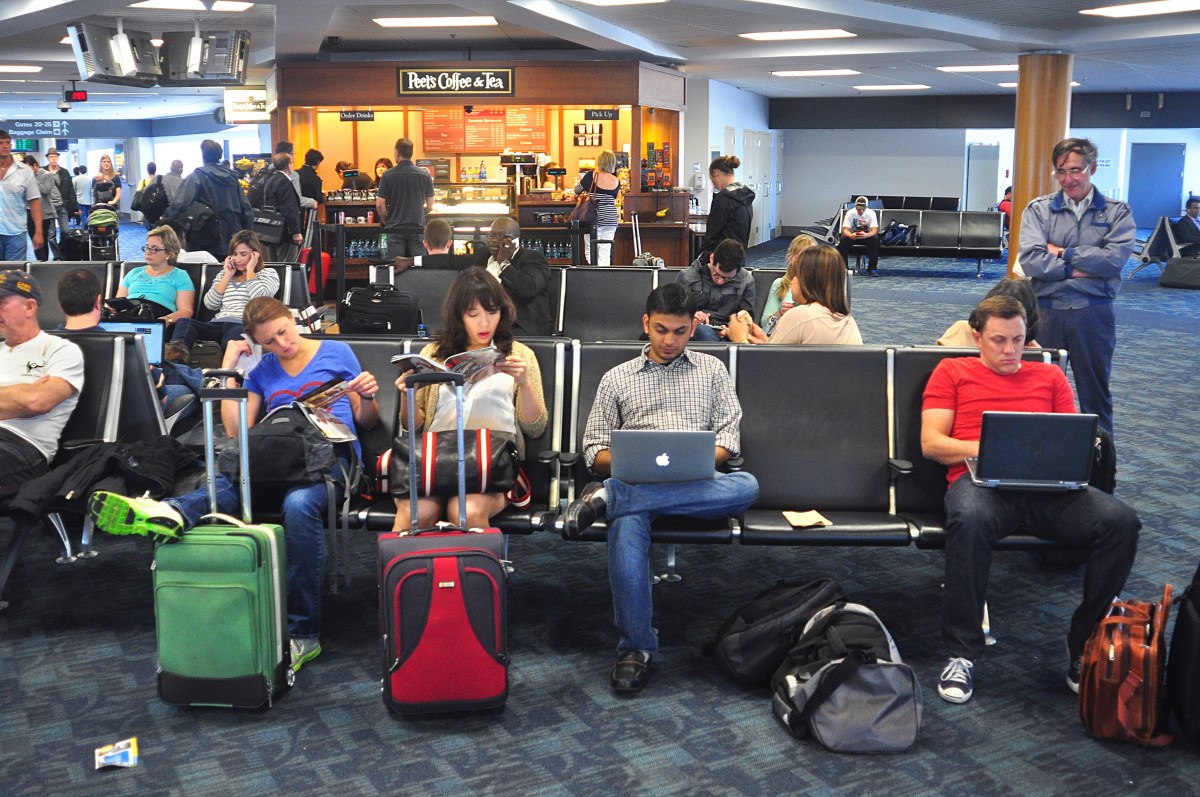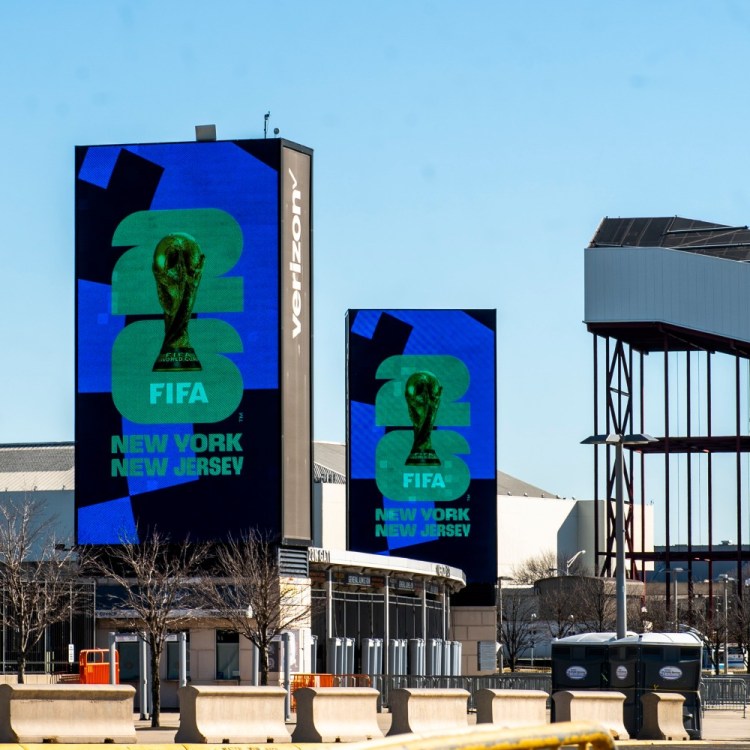The ATC and FAA are having staffing issues amid Trump’s government shutdown. Flights in New York City, Boston, and Jacksonville are being slowed because of “staffing issues,” The Air Current reports. As a result, there is increasing concern about air travelers’ safety.
“We have a growing concern for the safety and security of our members, our airlines, and the traveling public due to the government shutdown,” the presidents of the National Air Traffic Controllers Association, the Air Line Pilots Association, International, and the Association of Flight Attendants-CWA told NBC News. “In our risk averse industry, we cannot even calculate the level of risk currently at play, nor predict the point at which the entire system will break. It is unprecedented,” they added.
The Air Current, which covers the flying industry, noted: “Thursday, an interpretation of an Office of Personnel Management memorandum obtained by The Air Current related to Senate bill 24 the Government Employee Fair Treatment Act of 2019, circulated amongst air traffic controllers nationally opening the door to an unofficial sick-out by essential staff responsible for the country’s airspace navigation.”
It should be noted, however, that any coordinated labor action by ATC staff is actually prohibited by U.S. law.
About 800,000 workers have not been paid in over 30 days. Union leaders say workers’ “unscheduled absences” are nearly double than what they were this time last year.
However, just because furloughed workers can take their sick leave, and be paid back for it, doesn’t mean they will if they’re not actually sick.
“I would never imply that we’re going to abuse sick leave, and the mere suggestion that we’re doing so to get free leave is considered a job action punishable by law…however it is cold and flu season and our contractual protections regarding sick leave still apply so I personally wouldn’t be surprised if people’s self assessment regarding their fitness for duty becomes much more stringent,” one controller told The Air Current.
The controller added that some workers feel a sense of duty and will show up to the keep the airspace safe even if their fellow colleagues are calling out.
Thanks for reading InsideHook. Sign up for our daily newsletter and be in the know.


















